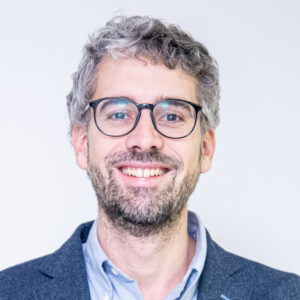Twenty initiatives including employment contracts, internships, training courses, and volunteer work have benefited individuals serving their sentences outside prison under alternative measures or who have already completed their sentences. During the same period, 70 individuals were supported—59 adults and 11 young adults—while 54 businesses and cooperatives were contacted, 31 of which expressed willingness to offer work opportunities to individuals with a history of legal trouble. Additionally, 26 job interviews were conducted, and 8 individuals were able to find jobs independently during or after receiving support.
These figures, as highlighted in the cover image summary, represent some of the results achieved in 2024 by the Welcoming Enterprise Project, promoted by the Turin-based volunteer organization La Goccia di Lube ETS. With financial support from the Piedmont Region, the project started in June and enabled two part-time staff members to coordinate the initiatives. The project’s initial results were presented on December 12 in Turin, at the meeting hall of the Pastoral Migrants Office, where La Goccia di Lube, the lead organization in the network, conducts interviews and meetings. The conference was attended by regional councilor Silvio Magliano, directors Antonella Giordano and Laura Angius from the Interdistrict Office for External Penal Execution (UIEPE) and the Social Service Office for Minors (USSM), respectively, and Marco Viglino, President of the Turin Supervisory Court.
The Welcoming Enterprise Project seeks to address a significant yet little-known phenomenon: people serving the final or partial stages of their sentences outside of prison. In Italy, by the end of 2023, about 70,000 individuals were in this category—roughly equal to or even exceeding the number of incarcerated prisoners, including approximately 3,000 in the Turin and Asti areas (under UIEPE of Turin’s jurisdiction) and about 5,000 across Piedmont. This is a reality that requires serious and decisive attention.
“These individuals are among us, even if we don’t notice them, and they are numerous,” explains Bianca Eula, who is responsible for managing clients and volunteers. She works daily alongside individuals serving sentences outside prison, referred by UIEPE Turin and USSM. “Living outside prison, they face expenses like everyone else. Without a job, they are at high risk of reoffending. Employment offers them a real chance at a fresh start. However, to access jobs, they need support even with seemingly simple details. For instance, not having a driver’s license excludes them from many opportunities. As an organization, we also try to find institutions willing to fund driving lessons, which are often unaffordable for them. Furthermore, these individuals often have low levels of education and need to rebuild a work ethic. Our volunteers assist them at every stage, helping them regain self-confidence and acquire the necessary tools to overcome these barriers.”
Of the 70 men and women currently supported by the organization, 20 are under house arrest, 36 are on probation with social services, 1 is under supervised release, and 2 are in a state of probation. The remaining 11 individuals are young adults under specific alternative measures.
“As soon as we take on these individuals,” say Adriano Moraglio and Dario Valenzano, president and vice president of La Goccia di Lube, “we conduct interviews to understand their skills and aspirations so we can help them make the most of these. During these sessions, we found a prevalence of skills in construction, minor maintenance, manual labor, and hospitality. The average age of the adults interviewed is around 40, while the young adults are in their 20s.”
“We need courageous companies,” appeals Silvia Lessona, who manages relationships with cooperatives and businesses. “Together with other volunteers, we’ve worked to build a network of entrepreneurial entities willing to bet on the positive, overcoming stereotypes about people who have made mistakes. So far, we’ve conducted 75 meetings with individual companies, cooperatives, and employer organizations. Out of 54 entities contacted, 31 have shown willingness to become ‘welcoming enterprises.’ To date, six companies or social cooperatives have already hired these individuals, earning the Welcoming Enterprise plaque awarded by the project. These numbers, though still modest, are encouraging and highlight the work that remains for the Welcoming Enterprise Project to support entrepreneurs.”
The first company to receive the Welcoming Enterprise recognition was Market Service in Givoletto, specializing in setting up large stores and supermarkets across Italy. Other companies awarded this recognition include The Promoland in Volpiano, the Raggio cooperative in Turin, the Frassati cooperative, the Barbara B social cooperative in Turin, and Cooperativa Amico in Almese.
Among the project’s partners are prominent organizations such as the Turin Industrial Union (through its Diversity, Equity, and Inclusion Table), API Torino and API Formazione, Confcooperative Piemonte Nord, Confesercenti Torino, ANCE Torino’s College of Builders and its construction school FSC, and the Agenzia Piemonte Lavoro with its employment centers in the Turin metropolitan area. Other partners include Compagnia delle Opere, the Unione Cristiana Imprenditori e Dirigenti, and training agencies such as Immaginazione e Lavoro and Casa di Carità Arti e Mestieri. The employment agency Adecco, through its Diversity and Inclusion section, also supports the initiative. Volunteer support is provided by Volontariato Torino.
Discussions are ongoing with other entities outside the project, such as Unimpiego Torino, the Cnos-Fap Salesian training center, Confartigianato Torino, Confagricoltura Torino, and the Scuola Camerana, to broaden the search for job and training opportunities for individuals under alternative measures to incarceration.
For La Goccia di Lube volunteers, finding employment opportunities—through internships and hires—for individuals under house arrest, probation with social services, or supervised release is vital. Such measures enable these individuals to reintegrate into society, resist the temptation to reoffend, and secure a future. This benefits both the individual and society at large, addressing the growing public need for safety.
Thanks to the Welcoming Enterprise Project, La Goccia di Lube has recently joined the Torino Social Impact platform.


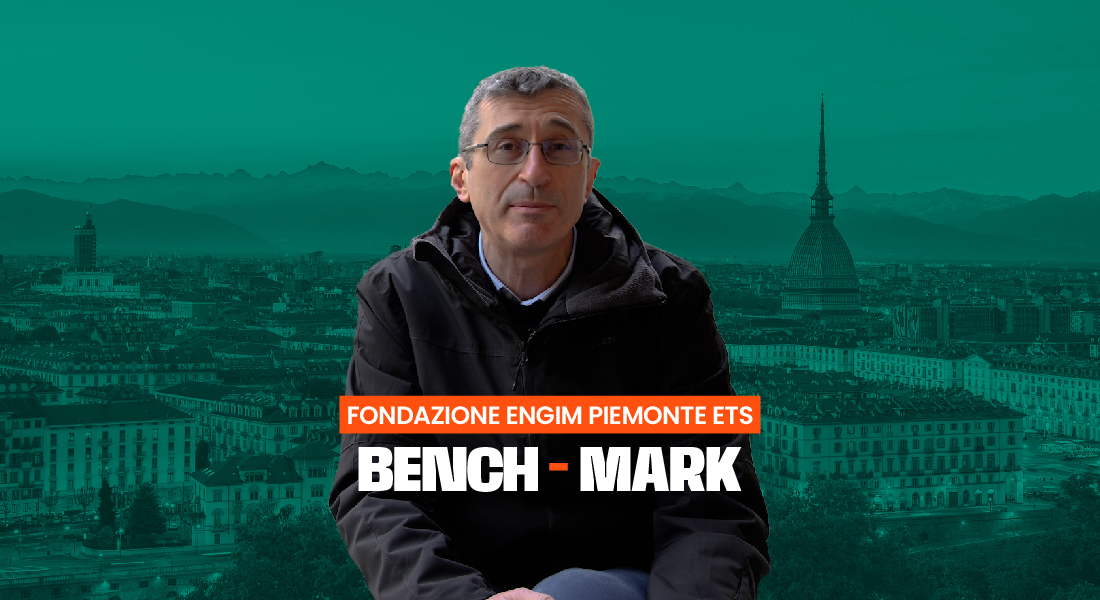
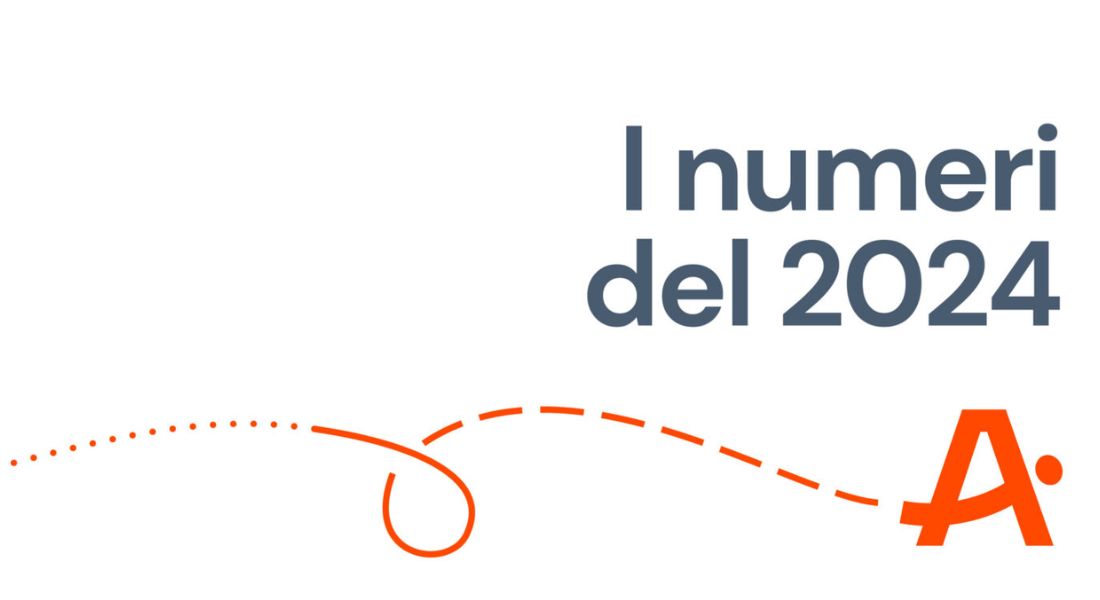
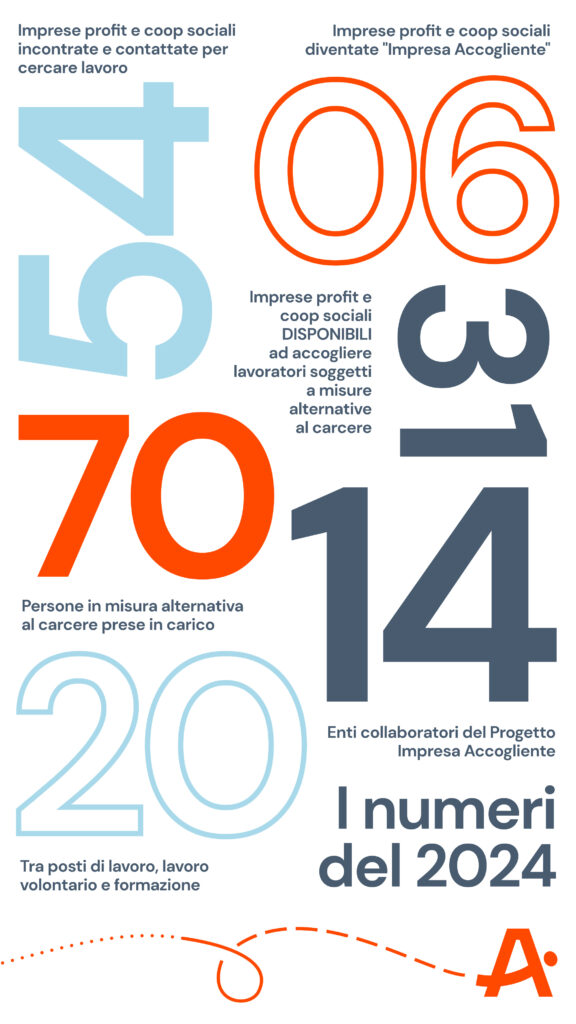
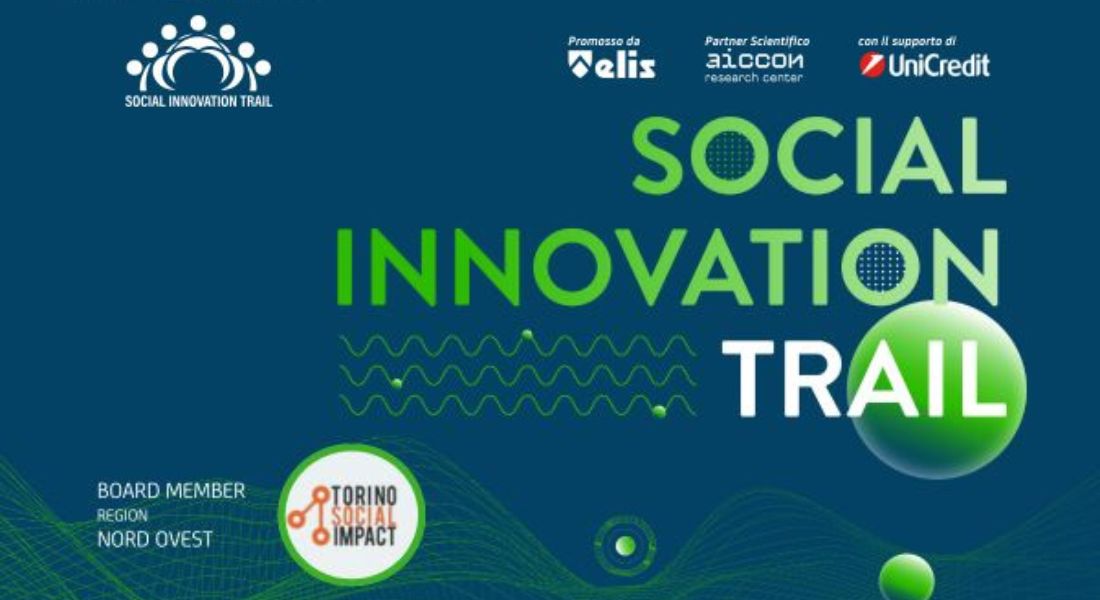
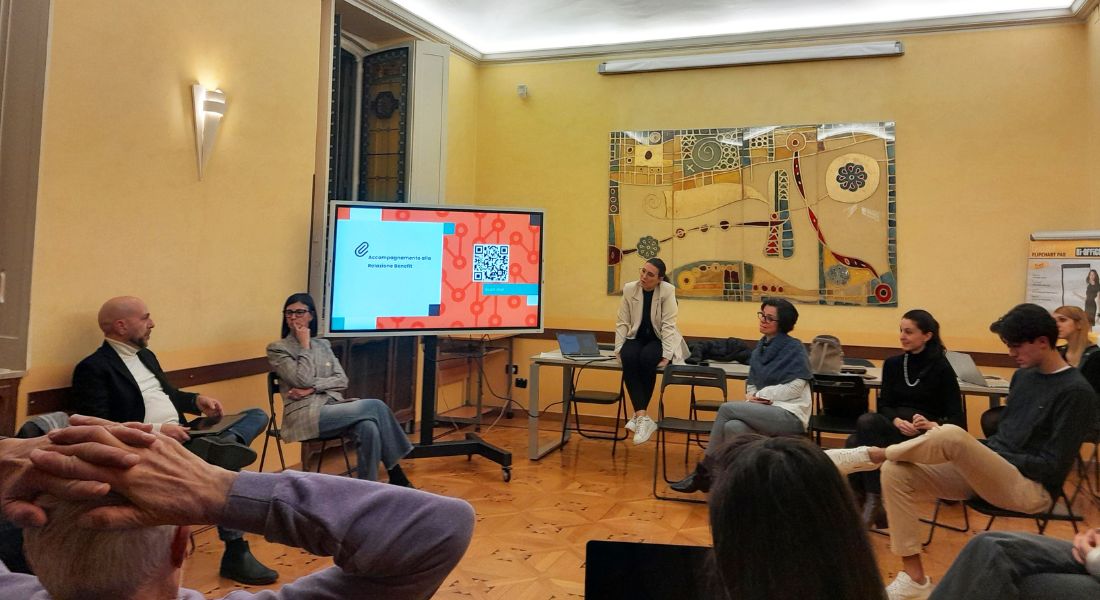
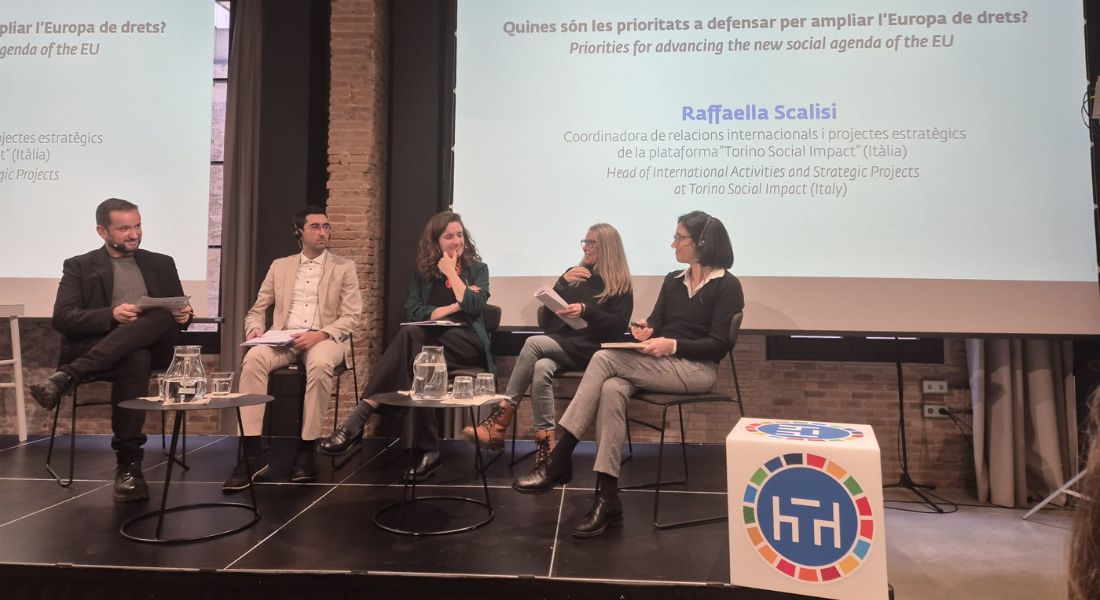
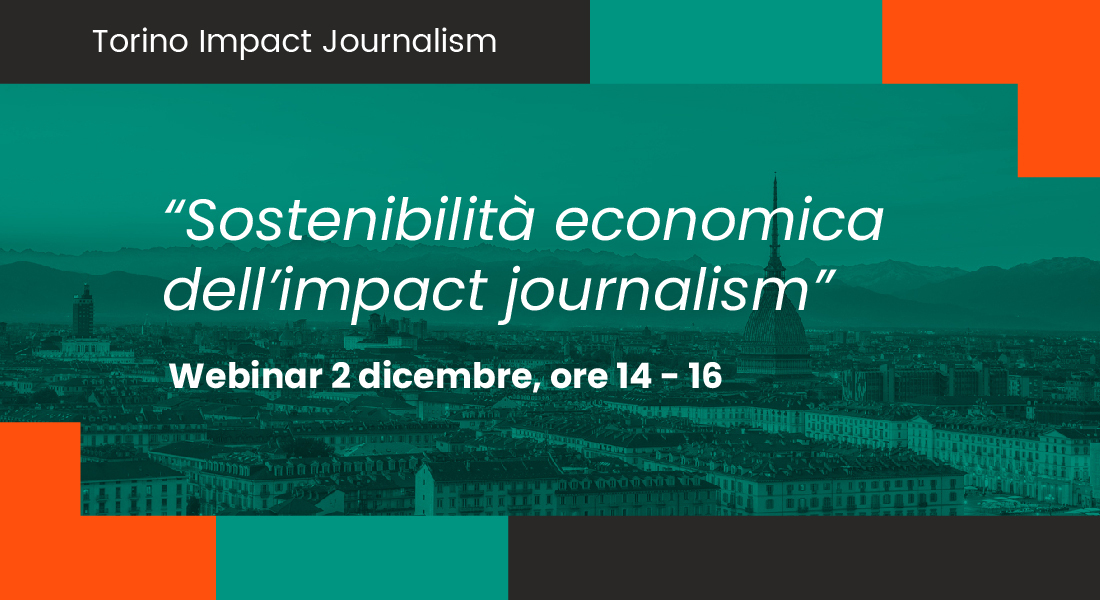
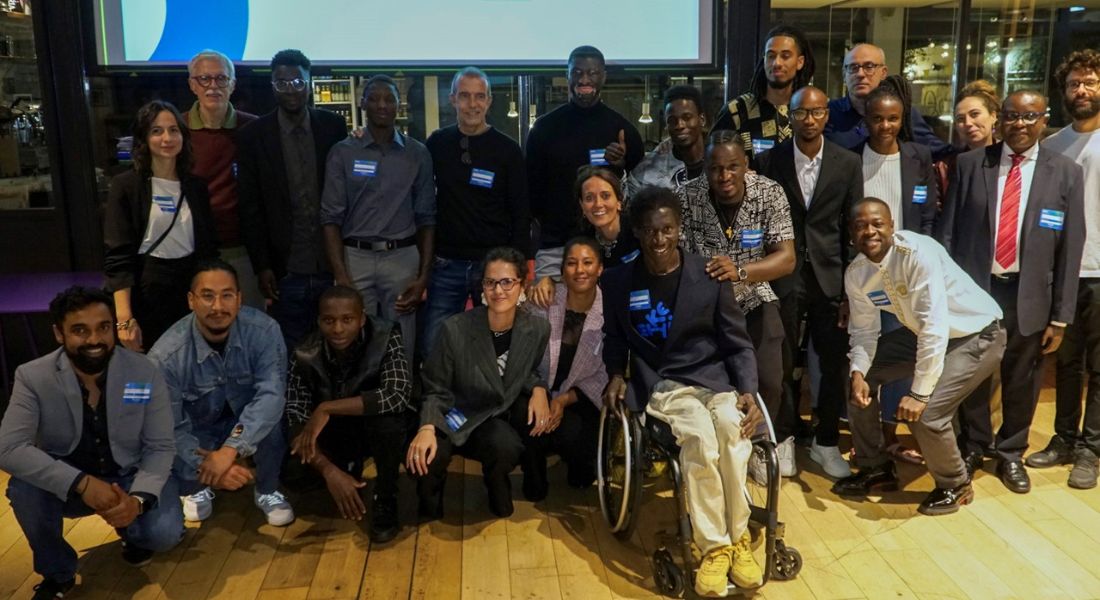
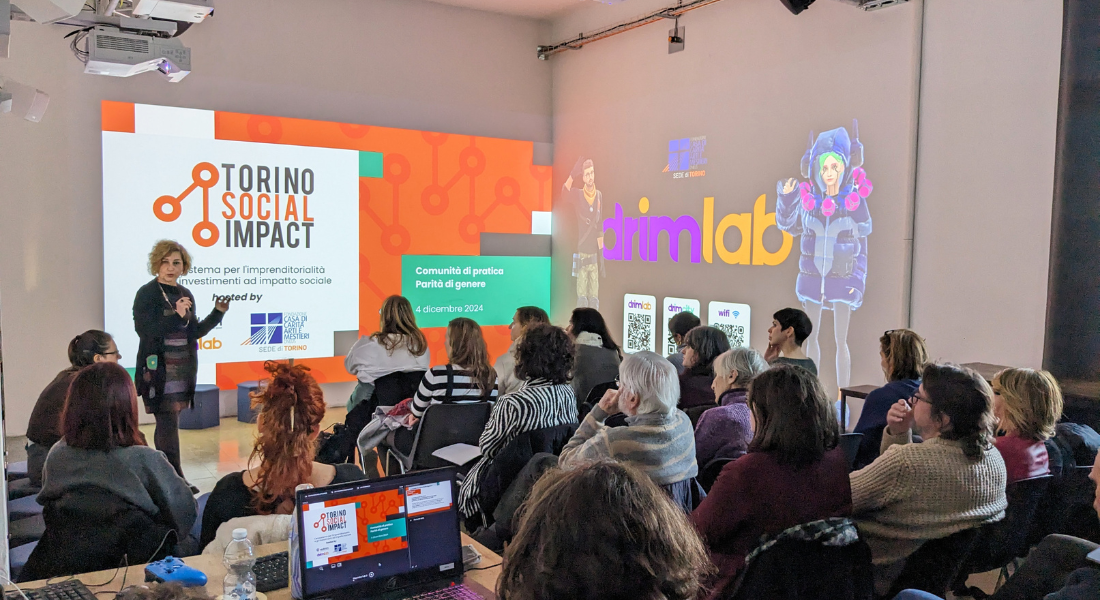
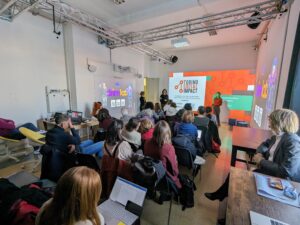
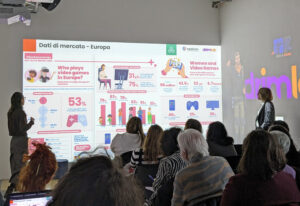
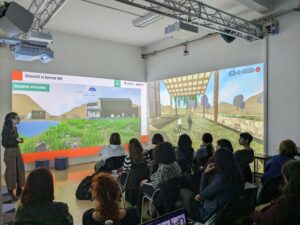
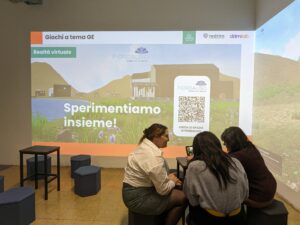
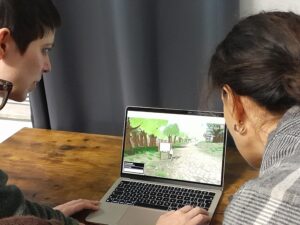
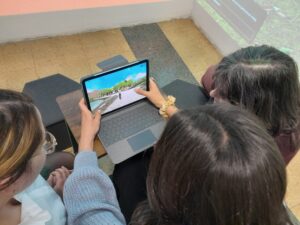
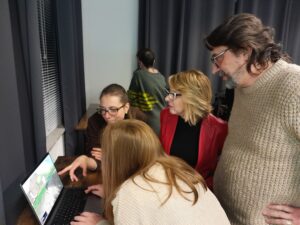
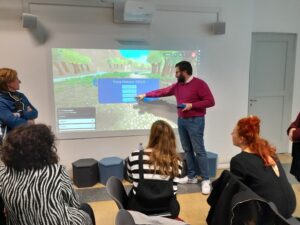

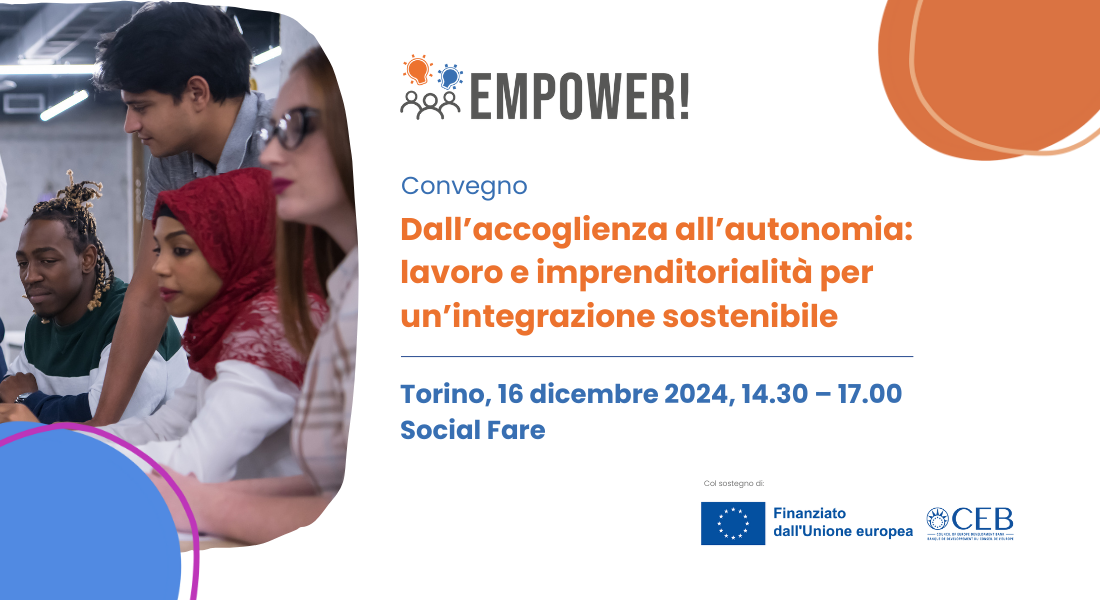
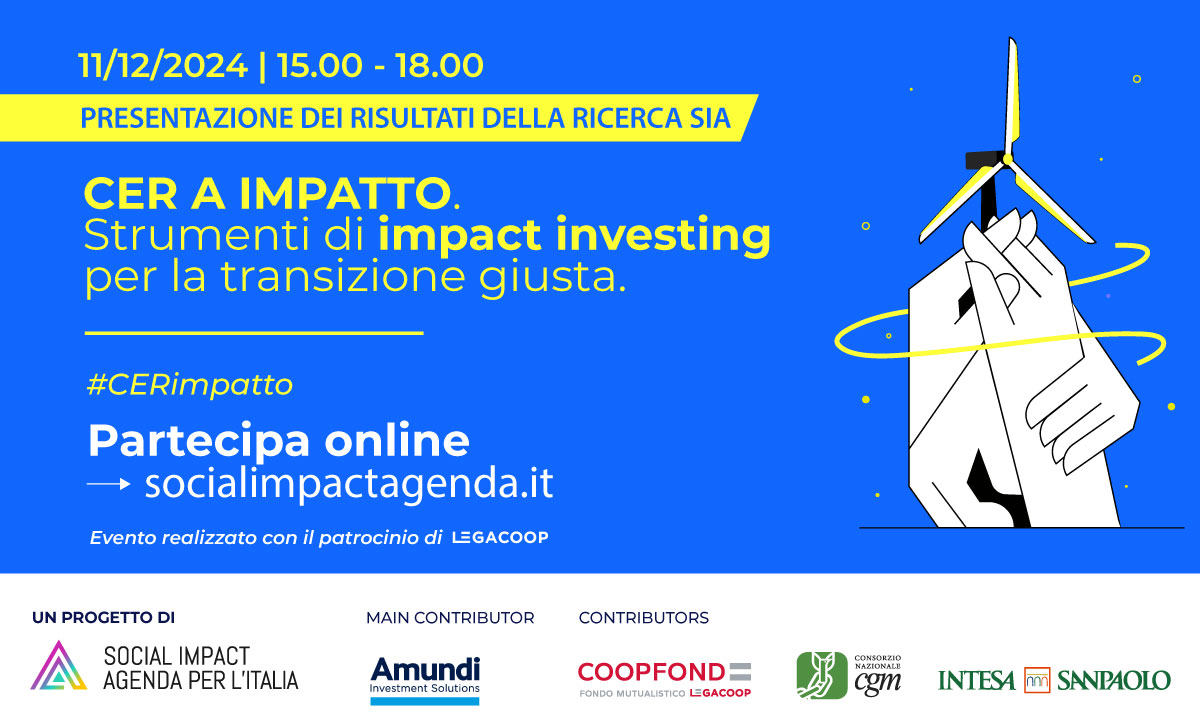

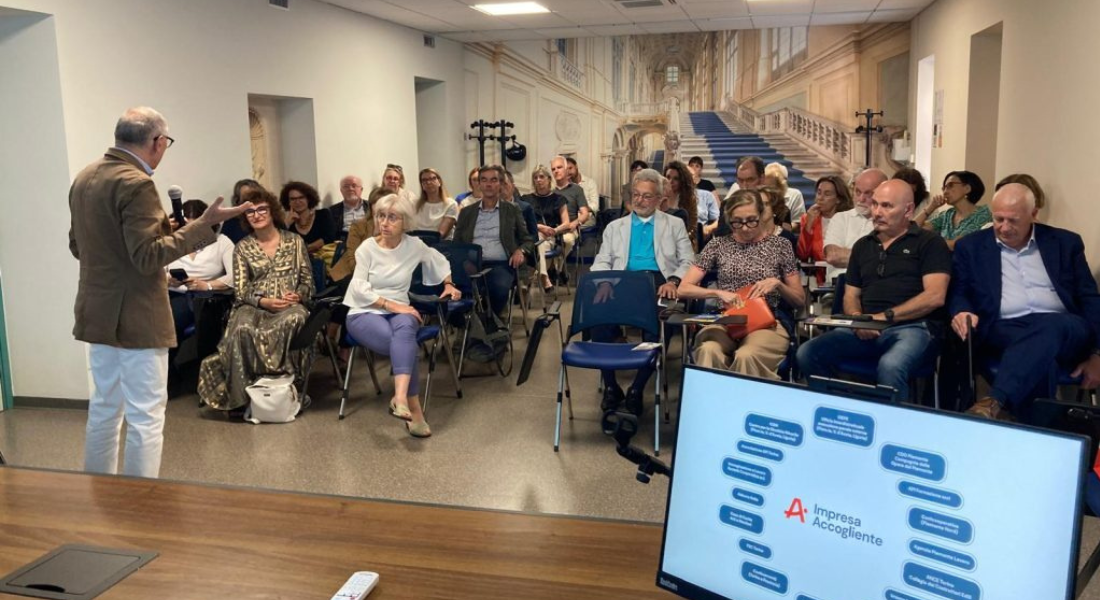
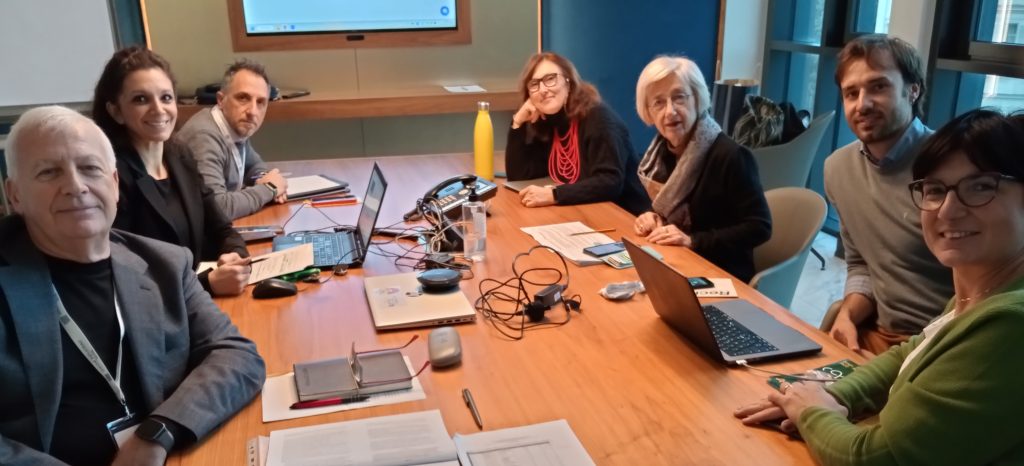
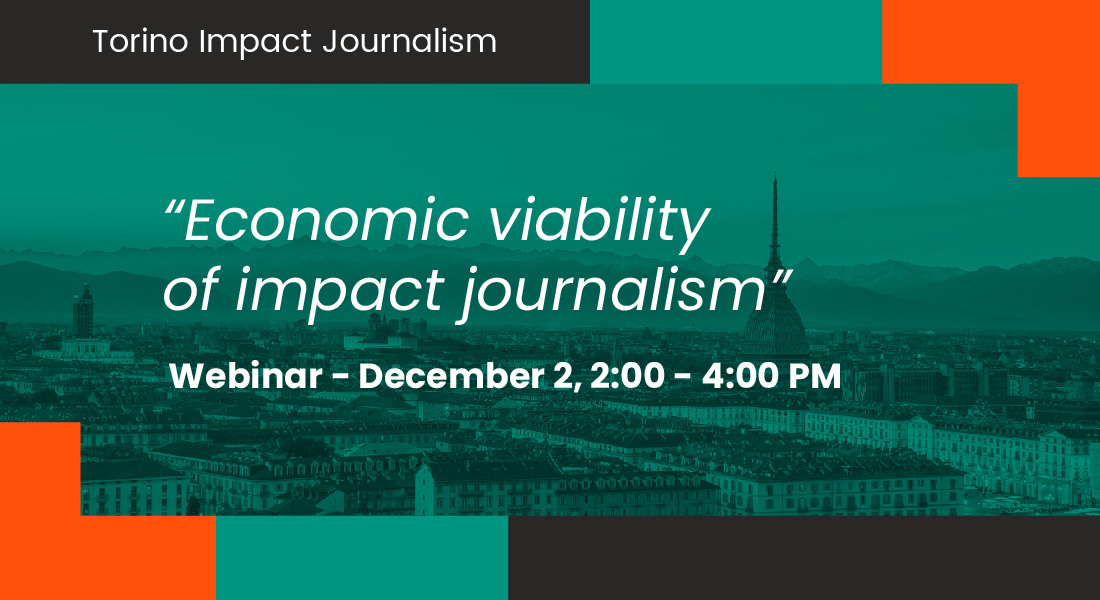
 Styli Charalambous. Co-founder of
Styli Charalambous. Co-founder of 

